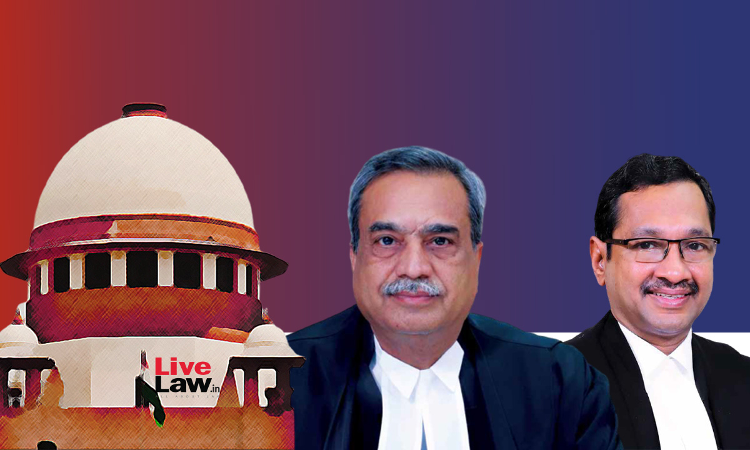The Supreme Court has held that the main function of oxygen in manufacturing steel is to reduce the carbon content; therefore, it can be considered a refining agent but not a raw material, so the concessional rate of sales tax is not available on oxygen.The division bench of Justice M.R. Shah and Justice M.M. Sundresh has set aside the order passed by the Jharkhand High Court and restored...

